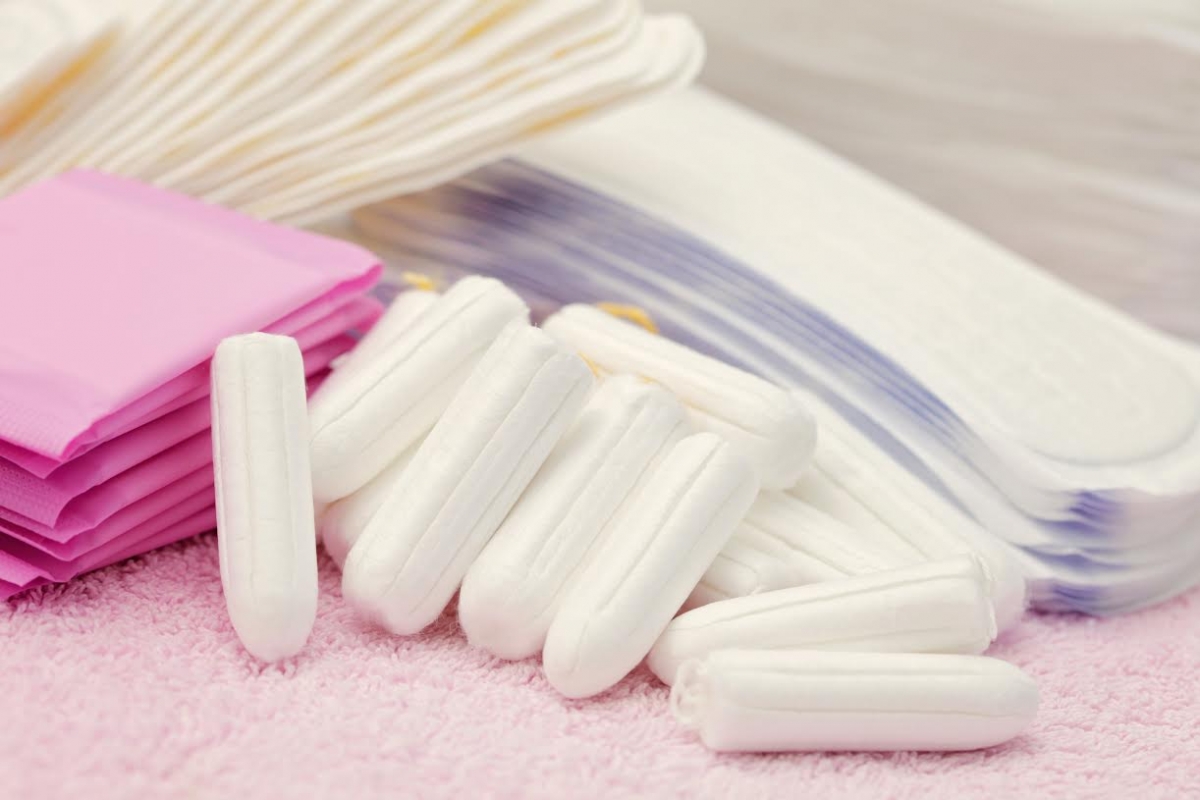The Ultimate Guide to Feminine Hygiene Products: Making Informed Choices for Your Body

Introduction: Feminine hygiene is an essential aspect of every woman's life, and with the plethora of options available on the market, it can be overwhelming to choose the right products. In this comprehensive guide, we'll explore the various feminine hygiene products, their uses, benefits, and potential risks, so you can make informed decisions for your intimate health.
Menstrual Pads: Comfort and Confidence Menstrual pads, also known as sanitary pads, are one of the most commonly used feminine hygiene products. They are designed to absorb menstrual flow and keep you feeling dry and comfortable during your period. With a wide range of sizes, thicknesses, and absorbencies available, finding the perfect fit for your needs is easy.
Tampons: Freedom and Flexibility Tampons offer women a discreet and convenient option during their menstrual cycle. They are inserted into the vagina to absorb menstrual flow before it leaves the body. With applicator and non-applicator options, tampons provide flexibility and freedom to stay active and participate in various activities during your period.
Menstrual Cups: Eco-Friendly and Economical For those looking for an eco-friendly and cost-effective solution, menstrual cups are gaining popularity. Made of medical-grade silicone, they collect menstrual flow rather than absorbing it. Menstrual cups can be reused for several years with proper care, reducing waste and saving money in the long run.
Feminine Wipes: Freshness On-the-Go Feminine wipes offer a convenient way to maintain freshness and hygiene throughout the day. They are specially formulated for the intimate area and help to cleanse and refresh when you don't have access to water. However, it's essential to choose wipes that are free from harsh chemicals and fragrances to avoid irritation.
pH-Balanced Cleansers: Gentle Care for Intimate Health Maintaining the pH balance of the vaginal area is crucial for preventing infections and discomfort. pH-balanced cleansers are specially formulated to be gentle on the intimate area while effectively cleansing and protecting against odor-causing bacteria. Regular soaps and shower gels can disrupt the natural pH balance and should be avoided.
Conclusion: Taking care of your intimate health is of utmost importance, and choosing the right feminine hygiene products can make a significant difference. Whether you prefer the traditional comfort of pads, the flexibility of tampons, the eco-friendly approach of menstrual cups, the convenience of feminine wipes, or the gentle care of pH-balanced cleansers, there's a product that's perfect for you. Remember to prioritize your comfort, health, and well-being when making your choices.
Comments
Post a Comment